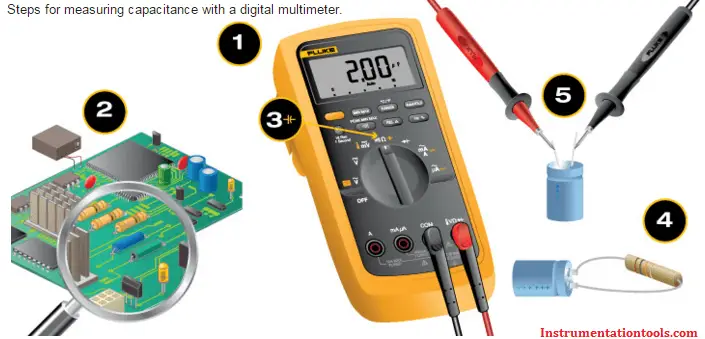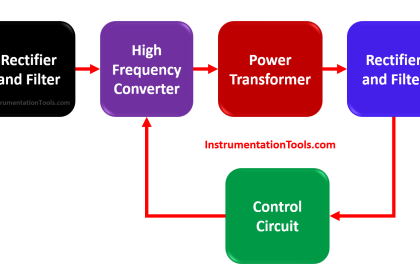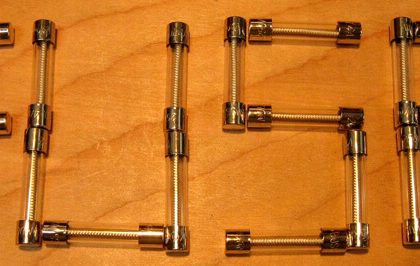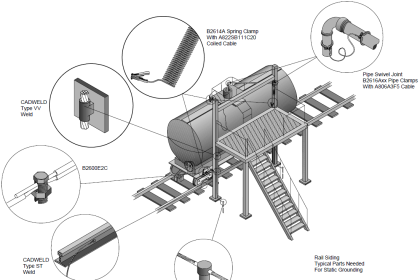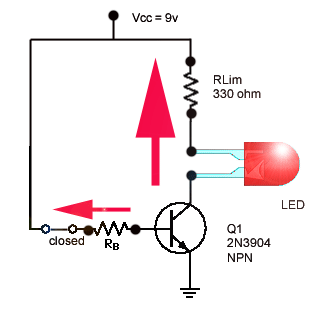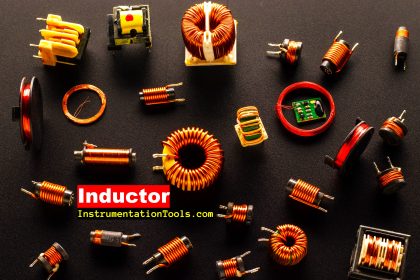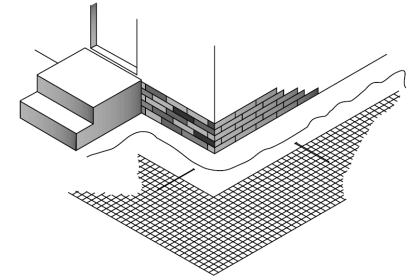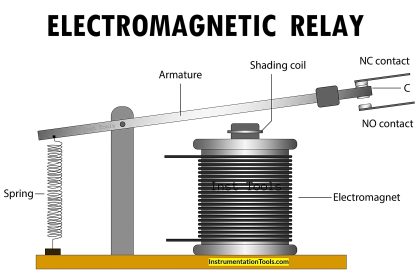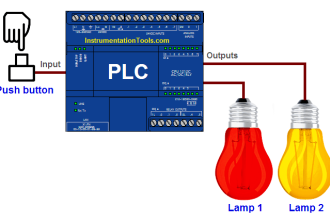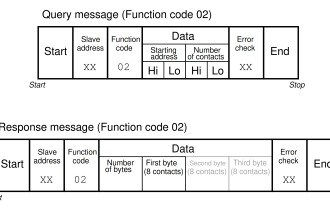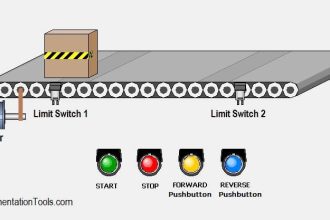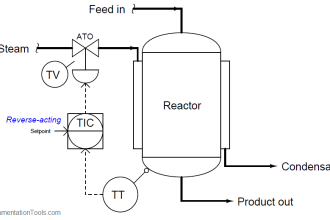A multimeter determines capacitance by charging a capacitor with a known current, measuring the resulting voltage, then calculating the capacitance.
Warning: A good capacitor stores an electrical charge and may remain energized after power is removed. Before touching it or taking a measurement, a) turn all power OFF, b) use your multimeter to confirm that power is OFF and c) carefully discharge the capacitor by connecting a resistor across the leads (as noted in the next paragraph). Be sure to wear appropriate personal protective equipment.
To safely discharge a capacitor: After power is removed, connect a 20,000 Ω, 5-watt resistor across the capacitor terminals for five seconds. Use your multimeter to confirm the capacitor is fully discharged.
- Use your digital multimeter (DMM) to ensure all power to the circuit is OFF. If the capacitor is used in an ac circuit, set the multimeter to measure ac voltage. If is used in a dc circuit, set the DMM to measure dc voltage.
- Visually inspect the capacitor. If leaks, cracks, bulges or other signs of deterioration are evident, replace the capacitor.
- Turn the dial to the Capacitance Measurement mode (
). The symbol often shares a spot on the dial with another function. In addition to the dial adjustment, a function button usually needs to be pressed to activate a measurement. Consult your multimeter’s user manual for instructions.
- For a correct measurement, the capacitor will need to be removed from the circuit. Discharge the capacitor as described in the warning above.Note: Some multimeters offer a Relative (REL) mode. When measuring low capacitance values, the Relative mode can be used to remove the capacitance of the test leads. To place a multimeter in Relative mode for capacitance, leave the test leads open and press the REL button. This removes the residual capacitance value of the test leads.
- Connect the test leads to the capacitor terminals. Keep test leads connected for a few seconds to allow the multimeter to automatically select the proper range.
- Read the measurement displayed. If the capacitance value is within the measurement range, the multimeter will display the capacitor’s value. It will display OL if a) the capacitance value is higher than the measurement range or b) the capacitor is faulty.
Capacitance measurement overview
Troubleshooting single-phase motors is one of the most practical uses of a digital multimeter’s Capacitance Function.
A capacitor-start, single-phase motor that fails to start is a symptom of a faulty capacitor. Such motors will continue to run once operating, making troubleshooting tricky. Failure of the hard-start capacitor for HVAC compressors is a good example of this problem. The compressor motor may start, but soon overheat resulting in a breaker trip.
Single-phase motors with such problems and noisy single-phase motors with capacitors require a multimeter to verify properly functioning capacitors. Almost all motor capacitors will have the microfarad value marked on the capacitor.
Three-phase power factor correction capacitors are typically fuse protected. Should one or more of these capacitors fail, system inefficiencies will result, utility bills will most likely increase and inadvertent equipment trips of may occur. Should a capacitor fuse blow, the suspected faulty capacitor microfarad value must be measured and verified it falls within the range marked on the capacitor.
Some additional factors involving capacitance are worth knowing:
- Capacitors have a limited life and are often the cause of a malfunction.
- Faulty capacitors may have a short circuit, an open circuit or may physically deteriorate to the point of failure.
- When a capacitor short circuits, a fuse may blow or other components may be damaged.
- When a capacitor opens or deteriorates, the circuit or circuit components may not operate.
- Deterioration can also change the capacitance value of a capacitor, which can cause problems.
Source : Fluke
